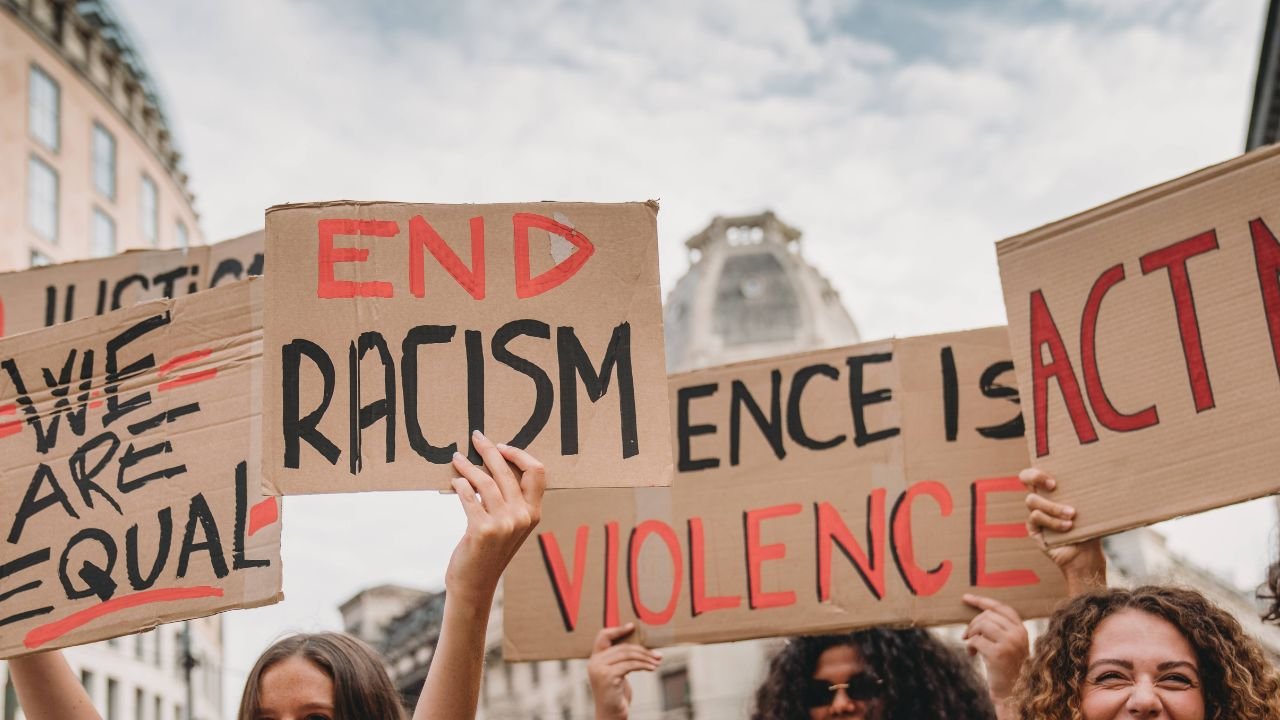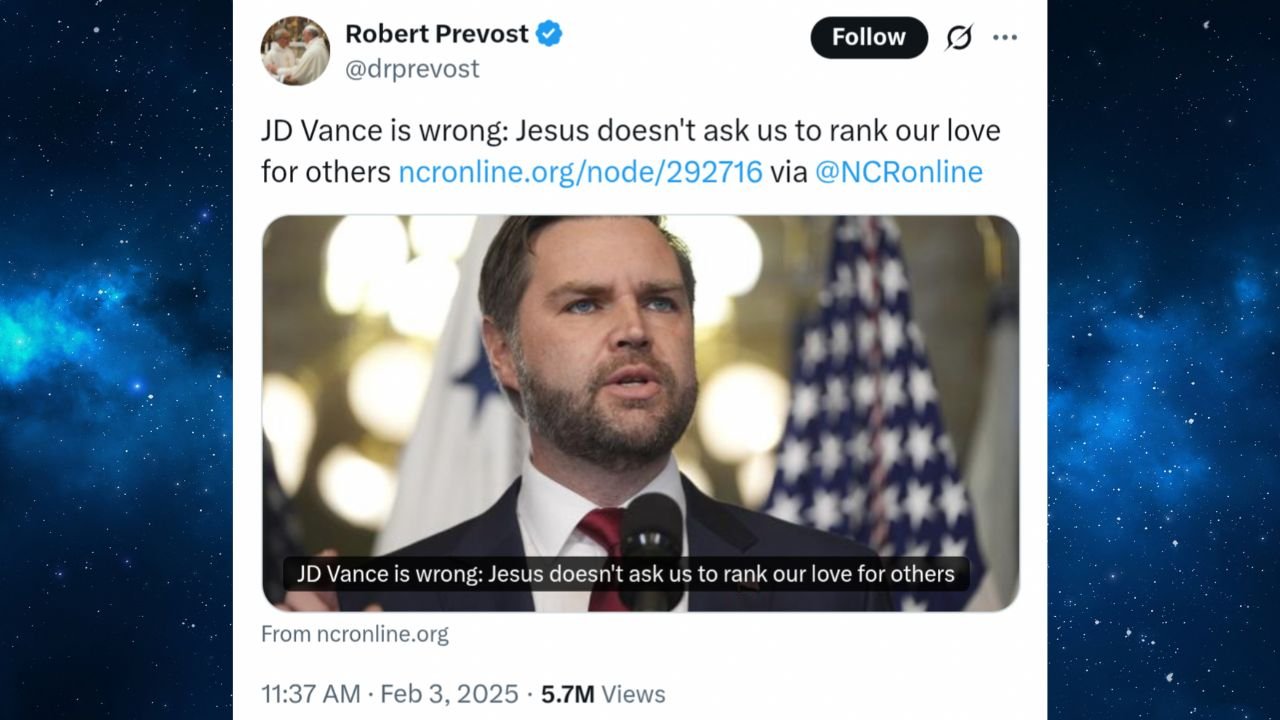CHICAGO — A new series of state and city regulations has taken effect across Illinois this July, impacting everything from worker pay and tobacco prices to short-term rentals and environmental policies in hotels.
The changes, which rolled out July 1, are part of a broader push to align state policies with economic, public health, and environmental goals. Here’s a breakdown of the most impactful updates residents and business owners should know.
Chicago Minimum Wage Rises to $16.60 Per Hour
As part of the city’s One Fair Wage Ordinance, Chicago’s minimum wage for businesses with four or more employees increased to $16.60 per hour. Tipped workers will now earn a higher base wage of $12.62 per hour, with plans to eventually equalize tipped and non-tipped wages by 2028.
Restaurant owners, many of whom are still recovering from post-pandemic inflation, are now evaluating whether to raise menu prices or reduce staff to stay profitable. While advocates call the move a long-overdue correction, some businesses warn of operational strain.
Tobacco and Vape Taxes Jump to 45%
Illinois has sharply raised taxes on vapes, nicotine pouches, and tobacco alternatives from 15% to 45%, in a move expected to bring in approximately $30 million in state revenue. Cigarette prices will also rise, with a new $1-per-pack increase.
The Illinois Fuel & Retail Association has pushed back, suggesting this tax hike may encourage cross-border shopping in neighboring states with lower rates.
New Gas Tax Rate and Airbnb Charges Begin
Gasoline is now taxed at $0.483 per gallon, slightly higher than the previous $0.47 per gallon rate.
Additionally, Airbnb and VRBO operators are now subject to the Hotel Operators’ Occupation Tax, requiring them to pay a 6% tax on 94% of gross receipts. Many short-term rental hosts may pass the cost onto guests.
Hotel Plastic Ban Begins for Larger Facilities
In a notable environmental shift, Senate Bill 2960 bans hotels with 50 or more rooms from providing single-use plastic toiletry bottles in guest rooms. While guests can still request them at other locations within the hotel, the law signals Illinois’ move toward sustainable hospitality practices.
Smaller hotels have until January 2026 to comply with the ban, which officials say is a step toward reducing the state’s plastic waste footprint.
What It All Means
This new wave of laws is likely to reshape everyday experiences for Illinoisans — from how much they pay at the pump or restaurant to what amenities they see in their hotel rooms. And with wage increases taking effect in Chicago, labor advocacy and economic impact debates are already heating up.
Whether you’re a small business owner or a weekend traveler, the impact of these changes will be felt across sectors and counties, marking a pivotal policy moment for the state.
What do you think about Illinois’ latest wage and tax laws? Have they impacted your spending or business? Share your experience in the comments on ChicagoSuburbanFamily.com.














